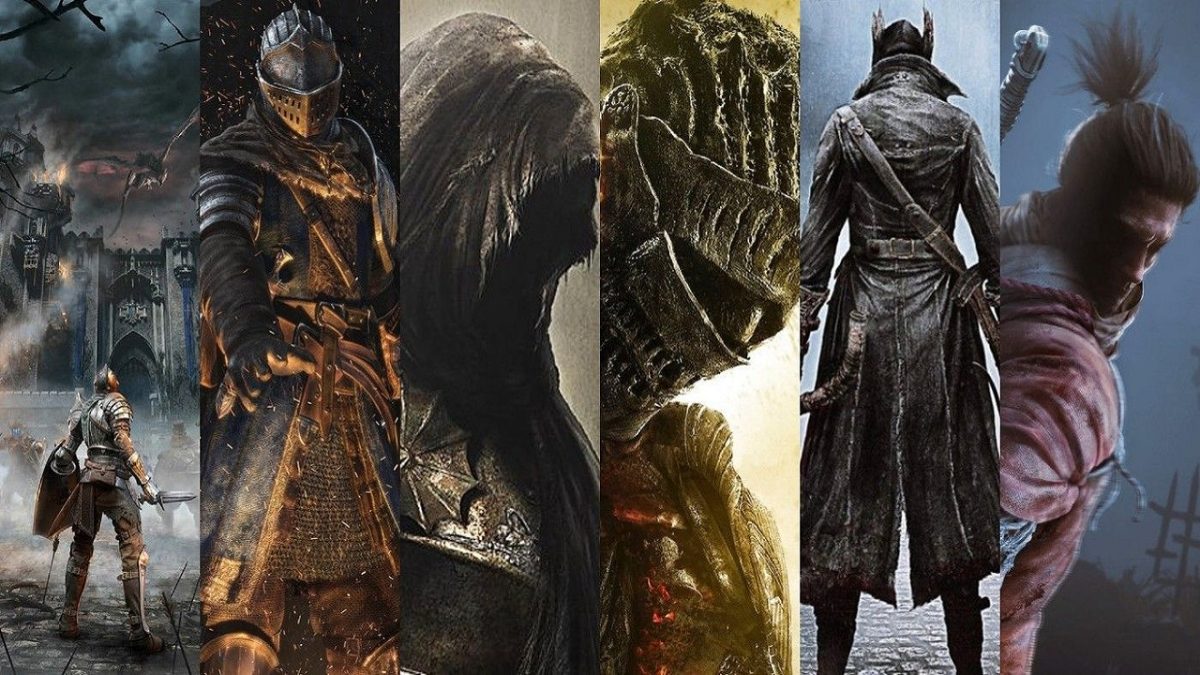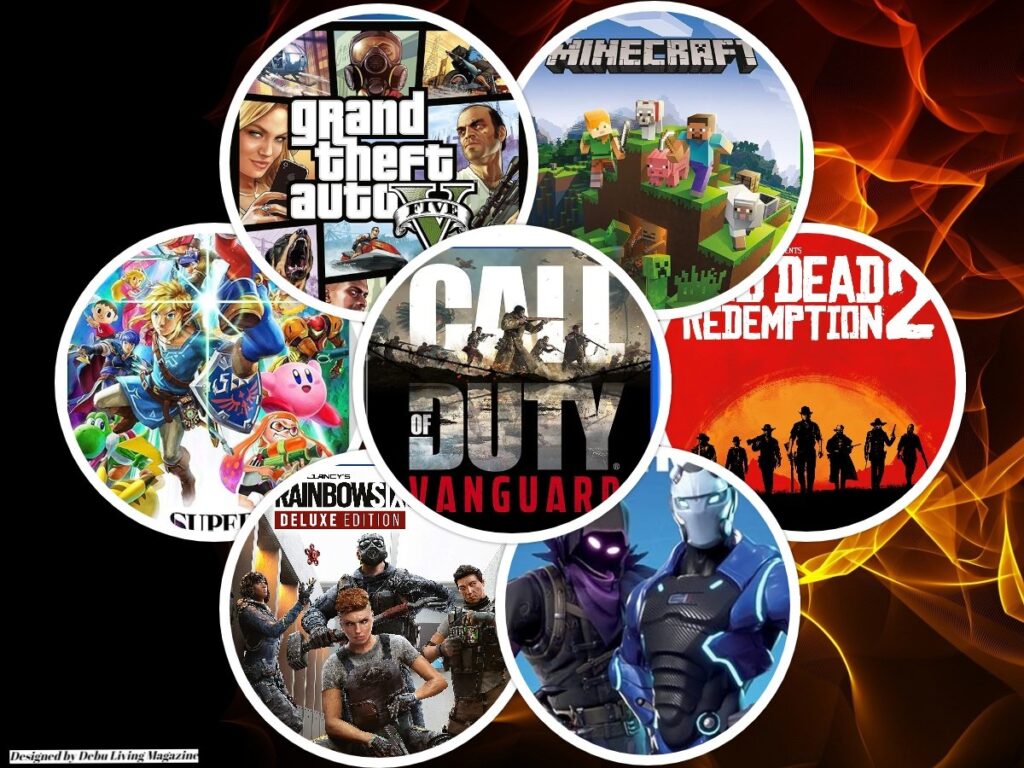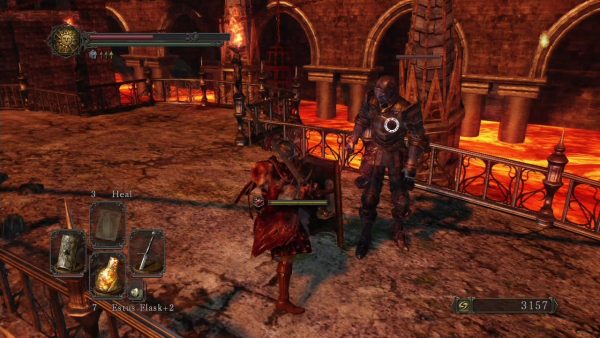
When people play video games, it’s usually to have fun, release stress, and/or connect with others online. The Soulsborne series, however, throws this reasoning completely out the window. The only thing that comes with a Soulsborne game is stress, pain, and hours upon hours of continuous suffering.
To an outsider who has never played a Soulsborne game, this sounds awful. A video game is something that is supposed to be an enjoyable experience, not something that makes you upset. Why would I ever play something like that? The simple answer to this question, other than the fact that Soulsborne players are masochistic lunatics, is the idea of fulfillment. What do I mean? Allow me to explain.
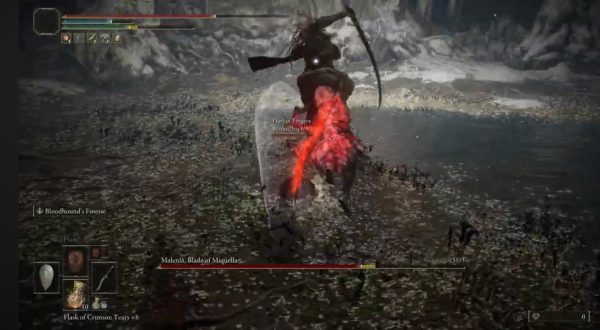
For those of you who have never played, or even heard of the Soulsborne series, they are a collection of seven games developed by FromSoftware back in 2011 and they have since released a new Soulsborne title every three or so years. The term “Soulsborne” is not exactly an official title of any of the games, but rather a fan-made title to call all FromSoftware’s souls genre of games, mixing the titles of the games Dark Souls and Bloodborne. While each game is unique in its own way, they all follow a similar gameplay structure. You play as a warrior with the task of making it through the world, fighting tough enemies and bosses throughout until you get to the end of the game, and completing whatever main goal the specific game has for you, for example becoming the Elden Lord in Elden Ring.
The Soulsborne games are notorious for being extremely difficult, which in turn makes most people who play them rage. This, however, connects to the idea of fulfillment. Why do people play Soulsborne games if it makes them upset? Fulfillment. The harder the task, the better the feeling when completing it. This is common for all individual’s motivation to do everyday things, not just for video games.
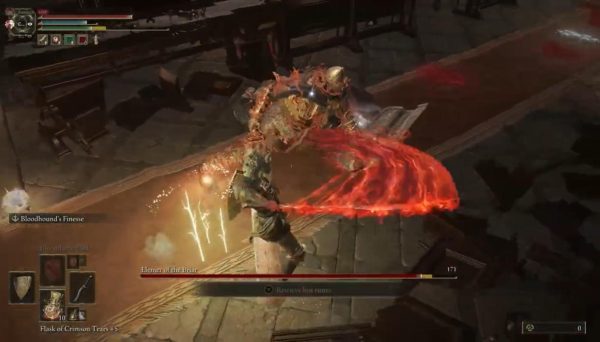
Soulsborne games fuel the player’s feelings of fulfillment through progress. Progress is an aspect of video games that can take many forms. Getting further into a game’s story, completing a quest, or finally defeating a tough enemy after hundreds of attempts all reward the player with feelings of fulfillment. The Soulsborne games utilize progress in nearly every aspect of the games. Progress doesn’t even have to be defeating a difficult enemy, but slowly learning their attack patterns and getting better at combating them is enough to satisfy most Soulsborne players.
As mentioned before, Soulsborne games are very difficult. The controls are difficult to learn, and the enemies and levels are hard to navigate around. But players are willing to look past this as they know the feeling of finally defeating that boss they’ve been stuck on for five weeks will be worth it, and trust me, it is.
So, coming full circle with the title. Hating Soulsborne games, or any video game you find difficult, isn’t a bad thing. These feelings of hatred will only lead to more intense feelings of joy and fulfillment later. And difficulty is a part of the growing and progression process.

